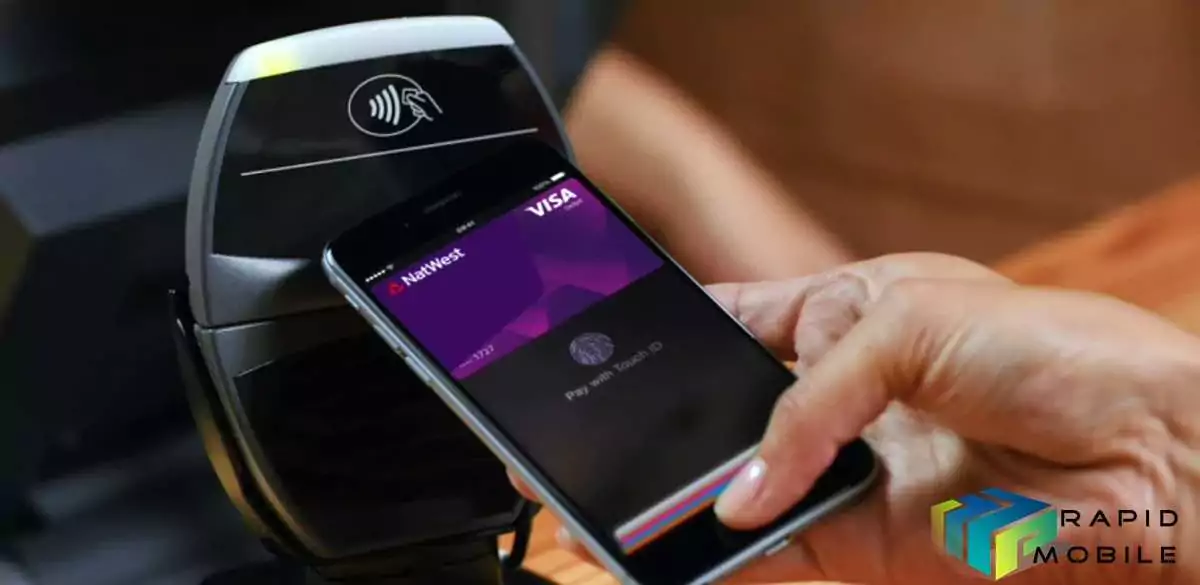Apple has said it will open up its tap-and-go mobile payment system to rivals, the European Union said Friday, as the company seeks to resolve an antitrust case and avoid a fine that potentially could be worth billions.
Apple has agreed to allow companies’ apps to make contactless payments on devices that use the iOS operating system, such as iPhones, for free without the need to use Apple Pay or Apple Wallet, the European Commission executive arm said Friday.
The EU executive arm posted an invitation for comment from competitors on that concession and others, following an investigation into antitrust concerns that began in 2020. The EU inquiry focused on whether blocking access to NFC technology–the software and hardware necessary for mobile devices to communicate with pay terminals–violated anti-competition rules.
“Through our ongoing discussions with the European Commission, we have offered commitments to provide third-party developers in the European Economic Area with an option that will enable their users to make NFC contactless payments from within their iOS apps, separate from Apple Pay and Apple Wallet,” Apple said.
“Apple Pay will continue to be a broadly available option, and over 3,000 issuing banks across all EEA countries will still be able to offer the unparalleled privacy and security of Apple Pay, as well as its great user experience,”
Other concessions include applying the third-party allowance to all mobile wallet app developers in the EEA, which includes Iceland, Liechtenstein and Norway, the Commission said. The apps would work for all iOS users in that zone, and Apple wouldn’t prevent the use of these apps for payments outside of the area, according to the EU.
If Apple doesn’t abide by its commitments, the EU can fine it 10% of its worldwide revenue, the Commission said, without having to prove that Apple broke antitrust rules.
If Apple’s commitments satisfy antitrust concerns through a market test, the EU could adopt the rules, making them legally binding, the Commission said. However, the decision would not clear Apple of breaking antitrust rules.
When consumers use their mobile device to pay, they will be able to decide between using Apple Pay or an app that’s been enabled by iOS, Apple said. Users will be able to change their default payment method at any time.



